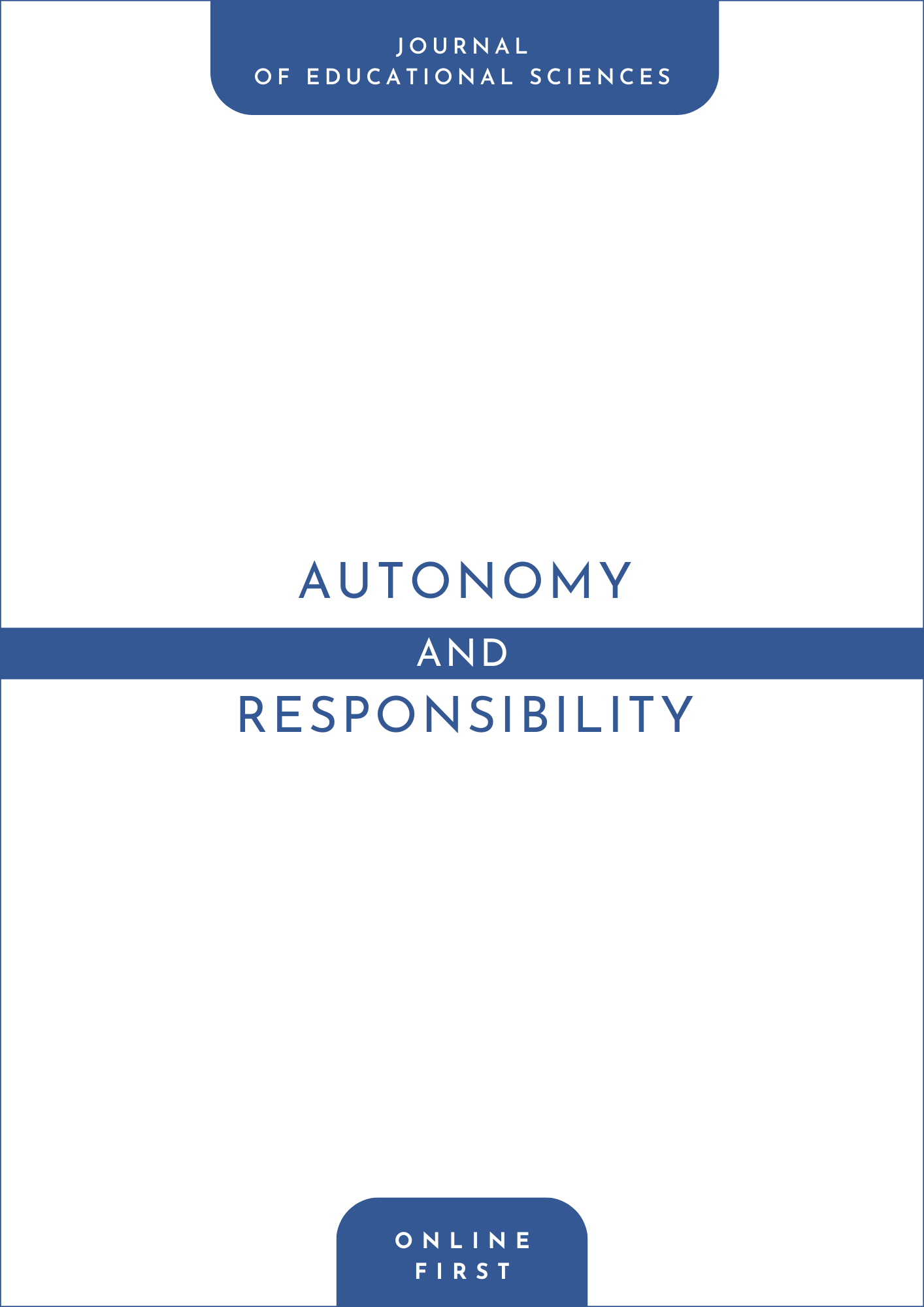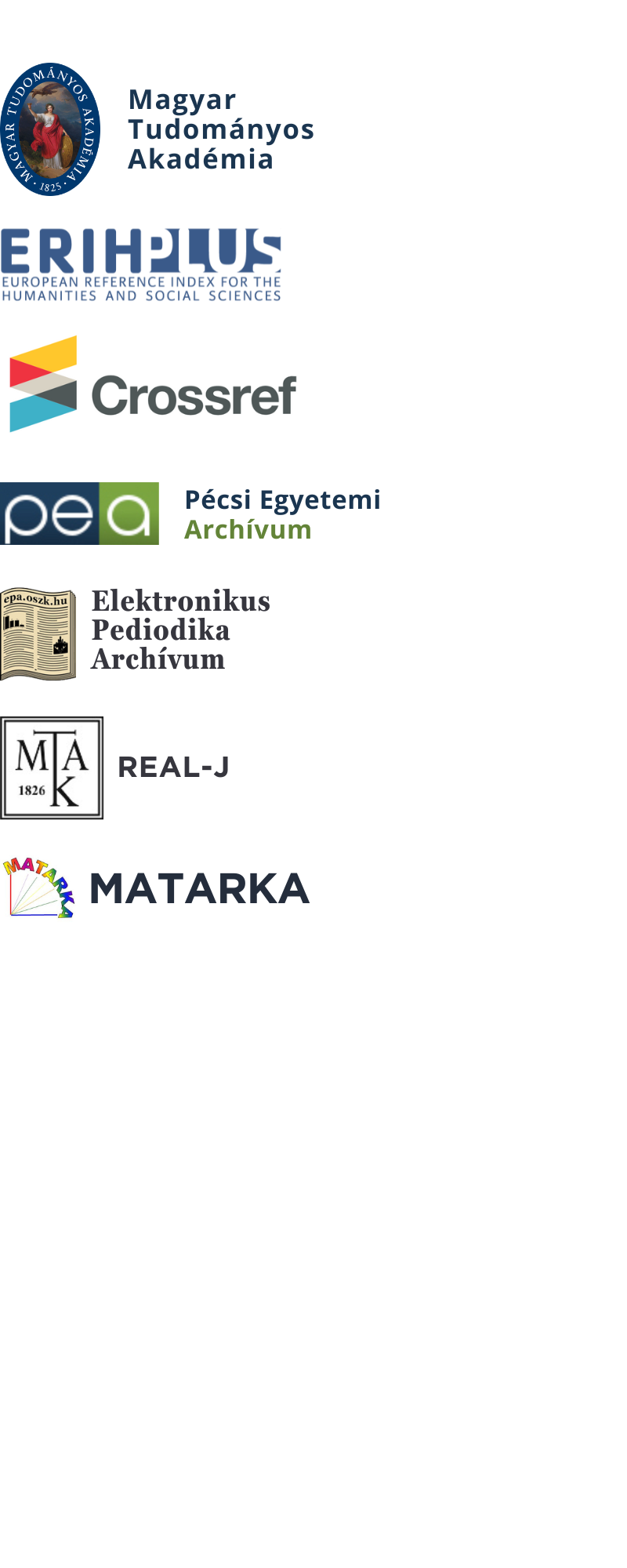Analysis of the Degree of Cooperativity of a Primary Education Classroom Group in Catalonia (Spain)
Keywords:
Cooperative learning, Degree of cooperativeness, InclusionAbstract
Integration is one of the key challenges facing educational systems as they strive to offer quality education that not only promotes academic progress but also fosters coexistence in an increasingly plural and diverse society. From this perspective, one of the most significant changes that must be made involves shifting the traditional role of the teacher as a mere transmitter of information and granting a leading role to students in their own teaching and learning process. In this context, the importance of cooperative learning methodology is highlighted.
However, it is important to note that not all teamwork is truly cooperative. To determine the quality of cooperation, it is crucial to measure the degree of cooperativeness of teams. This degree refers to the effectiveness of teamwork, where the higher this degree, the more effective both the team and the work they carry out will be. Essentially, the degree of cooperativeness is evaluated considering two aspects: the frequency of teamwork and the quality of teamwork.
The present research focuses on explaining the procedure for calculating the degree of cooperativeness, as well as presenting the instrument designed for this purpose. Additionally, the results of its application are presented, which were carried out with a group of male and female students in third and fourth year of primary education. This instrument is the result of various projects developed in the Research Group on Attention to Diversity (GRAD) at the University of Vic-Central University of Catalonia (Spain). The objective of this article is to present the analysis of the degree of cooperativeness of a primary education class group over two consecutive courses using an instrument (endorsed in subsequent studies, Pujolàs, 2009) with the purpose of identifying to what extent the students' work has the quality of being cooperative.
Downloads
Published
How to Cite
Issue
Section
License

This work is licensed under a Creative Commons Attribution-NonCommercial-NoDerivatives 4.0 International License.



